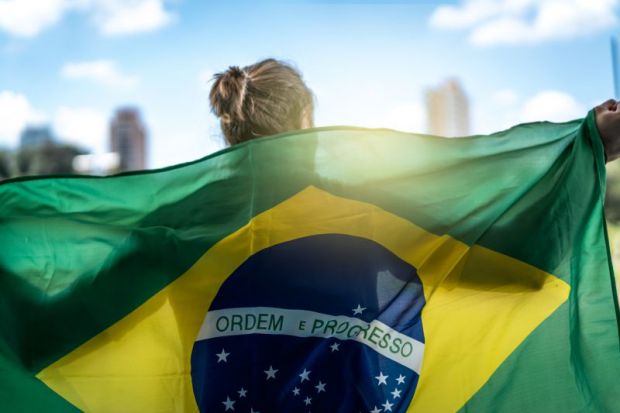Dear Serbian people,
We, members of the political organization Nova Resistência (New Resistance) and of the academic center Instituto Mundo Multipolar (Multipolar World Institute), express together through this note, and on behalf of the Brazilian people, our solidarity with Serbia in this moment of foreign provocations.
Brazil and Serbia are partner nations with many common interests. Despite several ideological and political changes, the Ministry of Foreign Affairs of Brazil has firmly maintained the recognition of Serbian sovereignty over Kosovo, which makes clear the friendship between our countries.
In a world in transition towards geopolitical Multipolarity, Brazil and Serbia arise as two emerging powers destined to a role of regional leadership. The mutual exchange of knowledge and support in common causes is a fundamental point for our cooperation to be fruitful. And for this reason, we reiterate that the Brazilian people is with Belgrade in its struggle against foreign interference.
We would also like to emphasize that New Resistance is undoubtedly the Brazilian political organization that most aggregates Orthodox Christians. For example, three out of four of our founding members profess the Orthodox faith. Even though Orthodoxy is a religious minority in Brazil, our organization, by valuing traditional religions, have for years contributed to insert orthodox Christians in the public debate and to help traditional Christian communities on Brazilian soil. So, our support and solidarity with Orthodox Serbia is also a point that we would like to highlight in this note.
In addition, we use this letter to publicize the creation of a research cooperation axis between New Resistance, the Multipolar Word Institute, and the Center for Geostrategic Studies – one of the most important Serbian academic centers in international studies, led by Professor Dragana Trifkovic. The objective of our cooperation is to bring Brazilians and Serbs together and help our countries to walk a joint path towards their international goals.
May it be just the first step towards a long cooperation. Brazil is and always will be with Serbia.
Yours sincerely,
Raphael Machado, Secretary-General of New Resistance.
Lucas Leiroz de Almeida, New Resistance’s Secretary of International Relations.
Mariana Schlickmann, editor of the Multipolar World Institute.
Jesus Cardoso, editor of the Multipolar World Institute.

